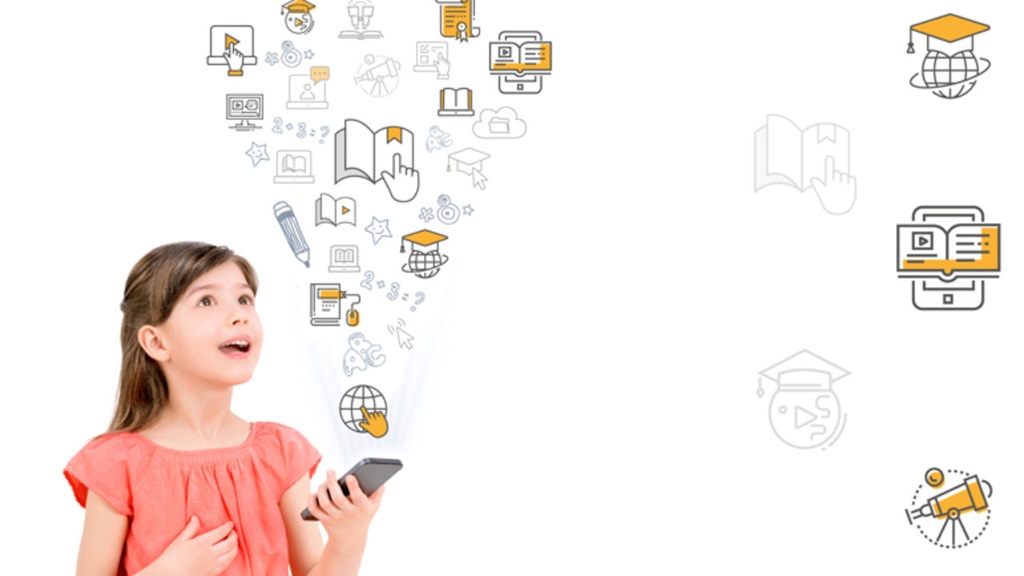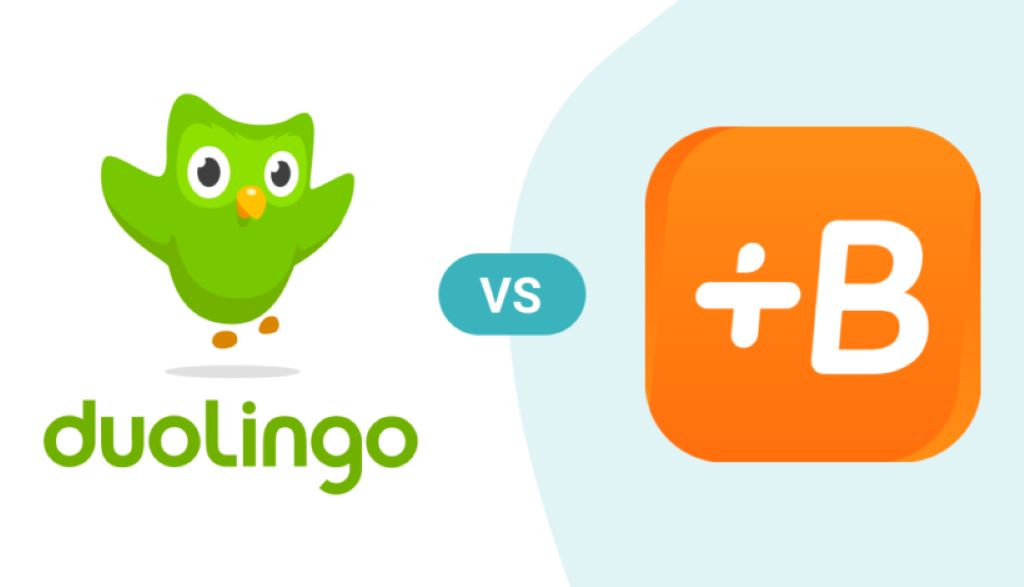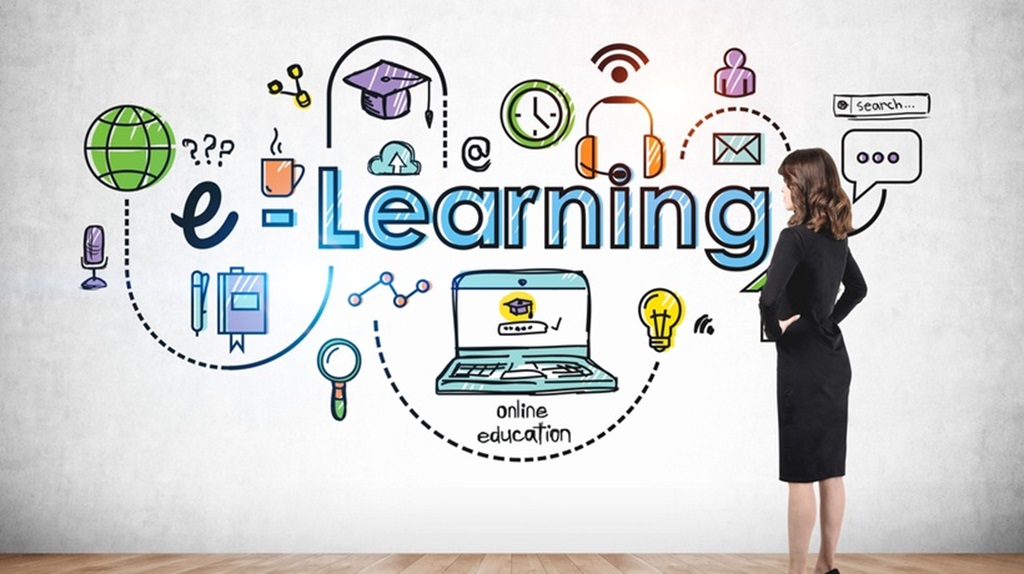Education, a fundamental pillar of society, is undergoing a profound transformation thanks to the rapid integration of technology. In this article, we’ll explore the future of education, dissecting five key ways technology is reshaping the learning landscape.
In the not-so-distant past, education primarily unfolded within the confines of physical classrooms. However, with the advent of technology, the boundaries of learning have expanded exponentially.
What does the future of education look like
Online Learning Platforms
The rise of online learning platforms has revolutionized how education is delivered. From interactive lectures to self-paced courses, the options are vast. However, as we delve into this digital era, we must also confront the challenges that come with it.
Virtual Reality (VR) in Education
Imagine students taking a journey through ancient civilizations or exploring the molecular structure of a cell—all from the comfort of their classrooms. Virtual Reality (VR) is not just a technological marvel but a gateway to immersive learning experiences.
Artificial Intelligence (AI) and Machine Learning (ML)
Adaptive learning systems powered by AI, coupled with machine learning algorithms, are tailoring education to individual needs. The days of one-size-fits-all education are fading, making room for personalized learning journeys.
Gamification in Education
Learning through play is no longer a novel concept but a thriving reality. The integration of game elements into education not only enhances motivation but also fosters a sense of engagement among students.
Collaboration Tools
The shift towards virtual classrooms and collaboration e-learning tools has transformed the way students interact and collaborate. Geographical boundaries are blurred as students from different corners of the world come together in a digital space.
The Role of Augmented Reality (AR)
Augmented Reality (AR) is not limited to the realm of gaming; it has found its place in education. Imagine students dissecting a virtual frog in a biology class or walking through historical events with the aid of AR.
Mobile Learning
With the ubiquity of smartphones, education has become mobile. Learning is no longer confined to the classroom; it happens on the go, anytime, anywhere.
Personalized Learning Paths
Technology has unlocked the potential for personalized learning, tailoring educational content to suit individual learning styles. Data-driven insights guide educators in crafting a unique learning experience for each student.
Technology and Teacher Roles
Teachers are no longer just dispensers of knowledge; they are facilitators of learning empowered by technology. The role of educators has evolved to incorporate tech tools that enhance teaching strategies and student engagement.
Ethical Considerations in EdTech
As we embrace the benefits of educational technology, ethical considerations come to the forefront. Balancing innovation with privacy concerns and ensuring inclusivity in tech-driven education is imperative.
Future Job Market and Education
The symbiotic relationship between education and the job market is more critical than ever. Aligning education with industry needs and equipping students with future-ready tech skills is paramount.
Overcoming Technological Barriers
While technology holds immense promise, addressing issues like the digital divide is crucial. Bridging the gap and ensuring access to technology for all students is a prerequisite for an equitable education system.
The Role of Government and Policy
Government regulations and policies play a pivotal role in shaping the future of education technology. Striking a balance between fostering innovation and establishing standards is a delicate yet necessary endeavor.
Conclusion
In conclusion, the future of education is undeniably intertwined with technology. As we navigate this transformative journey, it’s crucial to reflect on the ongoing evolution of education and the pivotal role technology plays in shaping the minds of future generations.
FAQs
-
Is technology replacing traditional classrooms entirely?
- While technology is reshaping education, traditional classrooms still play a vital role. It’s about finding a balance that best serves the learning needs of students.
-
How can teachers adapt to the technological shift in education?
- Teacher training programs and ongoing professional development are essential for educators to effectively integrate technology into their teaching methods.
-
Are there any privacy concerns with the use of educational technology?
- Yes, privacy is a concern. It’s crucial for educational institutions and tech developers to prioritize and implement robust privacy measures.
- What role does student feedback play in personalized learning paths?
- Student feedback is central to refining and improving personalized learning paths. It provides valuable insights into individual preferences and challenges.
-
How can we ensure equal access to technology in education?
- Addressing the digital divide requires collaborative efforts between governments, educational institutions, and technology providers to ensure equitable access to resources.
In a world where technology continues to evolve, the future of education holds immense promise, driven by innovation and a commitment to providing quality learning experiences for all.







